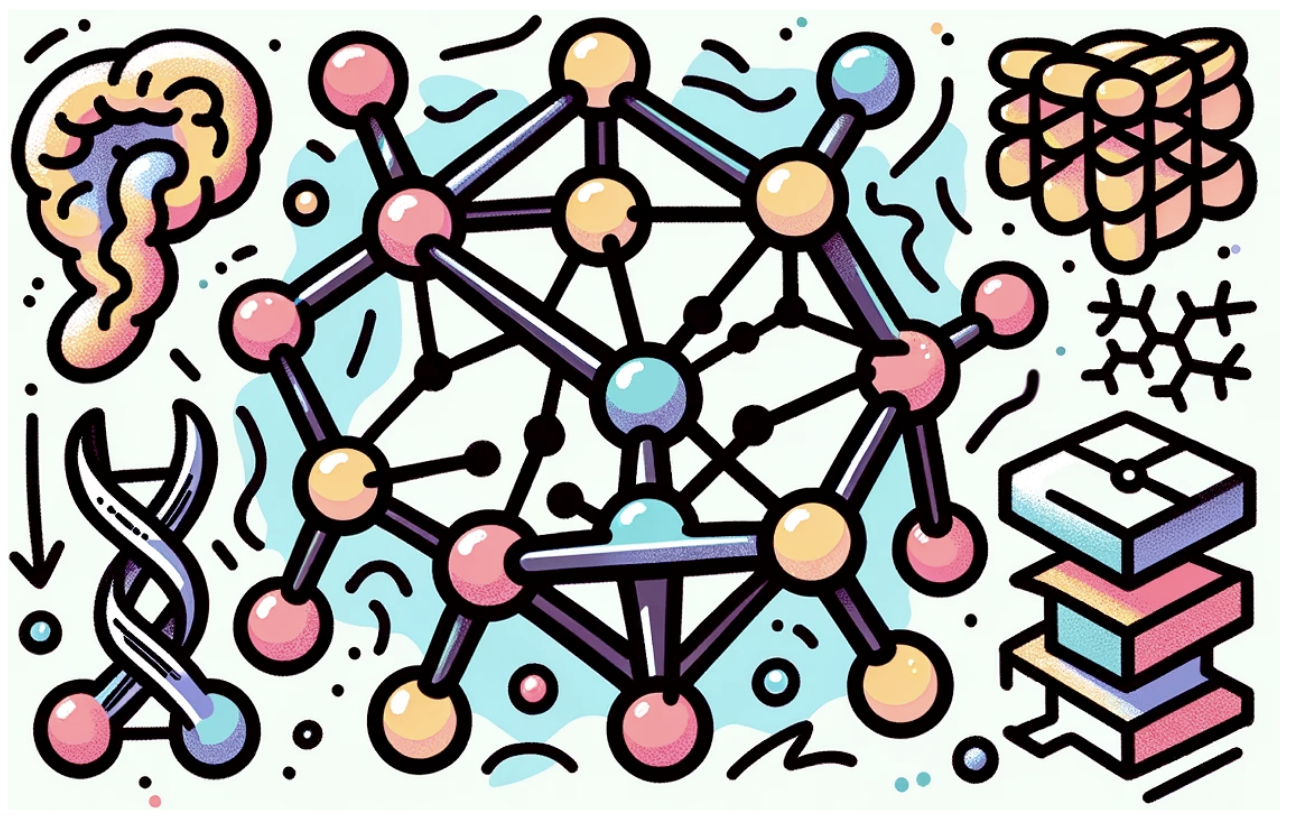
- This event has passed.
TYC AI Interest Group Inaugural Seminar – Gábor Csányi, Cambridge & Chris Barnes, UCL
15 May 2024 @ 3:00 pm – 5:00 pm
UCL Roberts Building, LT 106
A foundation model for materials chemistry – Gábor Csányi, University of Cambridge
A new computational task has been defined and solved over the past 15 years for extended material systems: the analytic fitting of the Born-Oppenheimer potential energy surface as a function of nuclear coordinates. The resulting potentials (“force fields”) are reactive, many-body, with evaluation costs that are currently on the order of 0.1-10 ms/atom/cpu core (or about 1ms on a GPU), and reach accuracies of a few meV/atom when trained specifically for a given system using iterative or active learning methods. The latest and most successful architectures leverage many-body symmetric descriptions of local geometry and equivariant message passing networks. Perhaps the most surprising recent result is the stability of models trained on very diverse training sets across the whole periodic table. I will show the recently published MACE-MP-0 model that was trained on just 150,000 real and hypothetical inorganic crystals (90% of training set < 70 atoms), but is capable of stable molecular dynamics on any system tested so far – this includes crystals, liquids, surfaces, clusters, molecules, and combinations of all of these. The performance of such foundation models open the possibility to creating a universally applicable interatomic potential with useful accuracy.
Explainable deep learning on 7500 whole genomes elucidates cancer-specific patterns of chromosomal instability – Chris Barnes, University College London
Chromosomal instability (CIN) refers to an increased rate of chromosomal changes within cells. It is highly prevalent in cancer cells and leads to abnormalities in chromosome number (aneuploidy) and structure. CIN contributes to genetic diversity within a tumour, which facilitates tumour progression, drug resistance, and metastasis. Here, we present a deep learning method and an exploration of the chromosome copy aberrations (CNAs) resultant from CIN, across 7,500 high-depth, whole genome sequences, representing 13 cancer types. We found that the types of CNAs can act as a highly specific classifier for primary site. Using an explainable AI approach, we revealed both established and novel loci that contributed to cancer type, and focusing on highly significant chromosome loci within cancer types, we demonstrated prognostic relevance. We outline how the developed methodology can provide several applications for researchers, including drug target and biomarker discovery, as well as the identification of cancers of unknown primary site.

